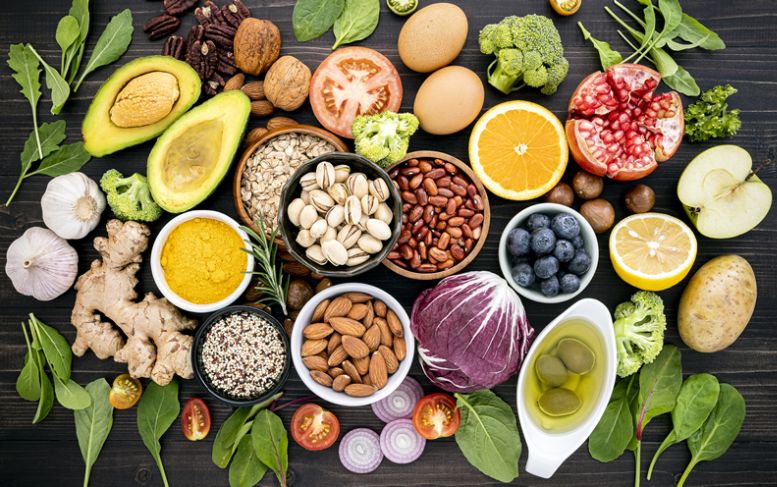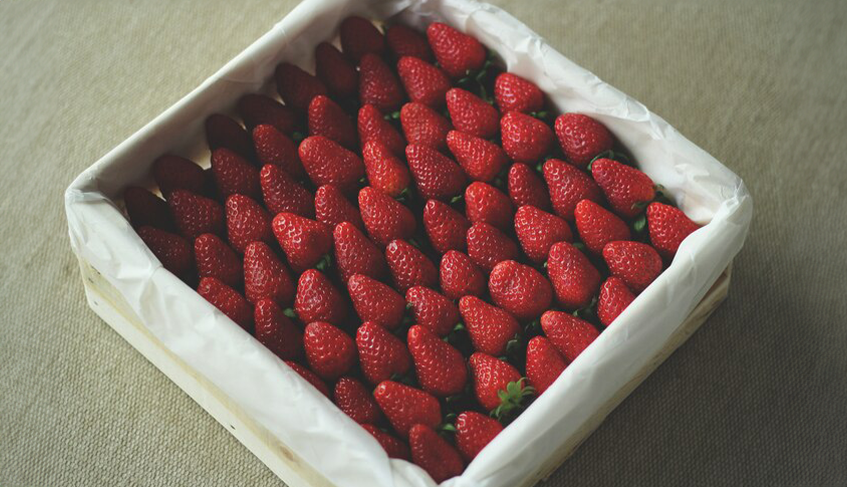Many factors such as increasing population and urbanization, climate change, fierce competition over natural resources, poverty and inequalities, macroeconomic instability threaten the future of the agri-food system. “Current threats offer an opportunity to reshape the food system and green transformation,” said Evren Albas, General Manager of Tat Gıda.
Basak Nur Gökçam
The year 2022 has also negatively affected the global agriculture and food sector. Evaluating how the food sector has been affected in this period, which we left behind a difficult year, Tat Gıda General Manager Evren Albaş said that while issues such as energy prices and high agricultural input costs, especially fertilizers, and the negative effects of global climate change came to the fore, Russia-Ukraine on the consumer side. He stated that the supply problems triggered by the war and high food inflation affect the year 2022. Stating that global food prices have reached a record level in 2022, Albas said, “The Food Price Index announced by the UN Food and Agriculture Organization (FAO) will increase by 14.3% annually on average throughout 2022, reaching 143 levels, the highest level since 1990. It reached 7 points. Although measures were taken to prevent the rapid rise in food inflation, food inflation continued to rise with the increase in agricultural input inflation in Turkey by 103 percent in December 2022 compared to the same month of the previous year. This has had an impact on all products whose input is agriculture in general. However, since our product category is within the scope of basic food, there has not been a decrease in demand.”
Food Crisis is Coming
Underlining that while the food system is going through a difficult period on a global scale, many global reports warn about food supply chain problems, Albas continued: "The UN's report, published in December 2022, indicates that the possibility of global food crises in the future will increase if broader measures are not taken now. warns that it is. However, in my opinion, these current threats are; It also provides an opportunity to accelerate the reshaping of the food system, green transformation, the creation of new food resource demands and the provision of fair nutrition for all, as the whole business world and the public, with food technology innovations that protect both human and world health.”
A 'Four-Pronged' Approach to Sustainability
Providing information on Tat Gıda's sustainability policy, Albas added that they have determined 4 focus areas in this area and gave the following information: 'Our Root is Values' is the first of these focus areas and within this scope, we are included in the BIST Sustainability Index. We take part in the "Carbon Transformation Program" initiated by Koç Holding in line with the goal of carbon neutrality until 2050, within the scope of our second focus area, 'Our Land is the World'. Our third focus area is 'Our Labor is Human'. In this context, we have become a signatory of the UN Women's Empowerment principles, and we aim to keep the rate of women members in Tat Gıda's Board of Directors at a minimum level of 25 percent at all times. At the end of 2022, we have 44 percent female employees and 50 percent female senior executives. Finally, our fourth focus is 'The society we share'. In this context, we are trying to make the social structure ready for the future with our development activities in all regions where we operate.”
Global Tomato Processing Fell to 38 Million
Stating that the problems experienced with global climate changes caused a decrease to 38 million tons in 2022 according to the estimated data, Albas said, “With the effect of these, countries such as the USA, Italy, Spain and Portugal, which are in the first place in tomato processing, experienced a decline in the amount of tomatoes processed in 2022. Turkey, on the other hand, ranks 4th after the USA, China and Italy, with a production of 2.35 million tons of processed tomatoes in 2022. This figure represents 6.2 percent of the 38 million-ton world production. At this point, I see an opportunity for our country,” he said.
We Carried the Tomato Yield Above the World Average
Evren Albas also gave information about his work for farmers, and said: We have more than 1000 farmers, of which 500 are contracted. While we support the cash flow of the farmer with the advances we give, we provide support for seedlings, fertilizers and drip irrigation systems with the same advances. We also provide consultancy on digital agriculture. Last year, we carried the average tomato yield, which was 7-8 tons per decare in our country, above the world average, with digital agriculture applications in our own agricultural field. Underlining that they carry out research and studies on Smart Irrigation Technologies, Albas said, “We use irrigation water effectively with the drip irrigation system and other methods, and we save about 30 percent of water. Our next goal is to disseminate these technologies in the production areas of our farmers, with whom we work and provide consultancy on digital agriculture.” Referring to the importance of solving the farmers' financial problems, Albas continued as follows: "With our Agricultural Value Chain project, we have provided our 157 farmers with agricultural financing opportunities without waiting for the maturity of their receivables, without the need for limit work, without collateral and under favorable conditions according to market conditions."
28 million TL agricultural investment
Emphasizing the importance of traceability of every step of production in terms of food safety, Albas said, “With the blockchain infrastructure, we have taken the first step to make the entire journey of our products from the field to our plates traceable. We started the follow-up process of our tomatoes from the field to the plant in our Karacabey factory. Our investments in smart agricultural practices and mechanization in agriculture, together with our planned investments for 2023, will have reached 28 million TL in the last 4 years.”
Sustainable Food Production Goal in the Mediterranean
Informing that they participated in the Horizon Europe Program, the world's largest civil R&D and innovation program, last year, Albas said, "We have been entitled to receive R&D support from the European Union with the PV4Plants, SolarHub and ProxlMed projects. With the SolarHub project, we aim to develop green innovation capacity and support sustainable safe food production in the Mediterranean region. The ProxlMed project is about obtaining alternative protein from sustainable sources. The PV4Plants project is about using solar energy to improve the growing conditions of plants. We are working to implement the AgriPV technologies, which are the basis for this, in a way that will increase the energy-agriculture synergy in a way that will increase the land and crop yields.”
10% Increase in Efficiency With Satellite Tracking
Stating that they also increased fuel and water savings by monitoring the field with satellites and drones, Albas continued: “Thanks to satellite tracking, we achieved an efficiency increase of up to 10 percent. Through our 4 Agricultural Climate Stations, we can predict the weather on a local basis and conduct risk analysis of diseases that will affect tomato development. As a result of the data received from these stations and the analyzes made, we send the disease risks to the farmers via the “Tat Lider Çiftçi” mobile application.”
We Saved 15% With Artificial
intelligence Informing that they have reduced the electricity consumption in production by 15 percent in the first measurements with the artificial-intelligence supported smart water resources management system, Tat Gıda General Manager Evren Albas said, “We are taking part in the energy campus project carried out with Koç group companies. We are advancing the process with our project partners in the solar power generation plant with a capacity of 2 MW. When the project is put into operation, we aim to supply the entire electricity need of our factory in Torbalı, İzmir, with solar energy.”








